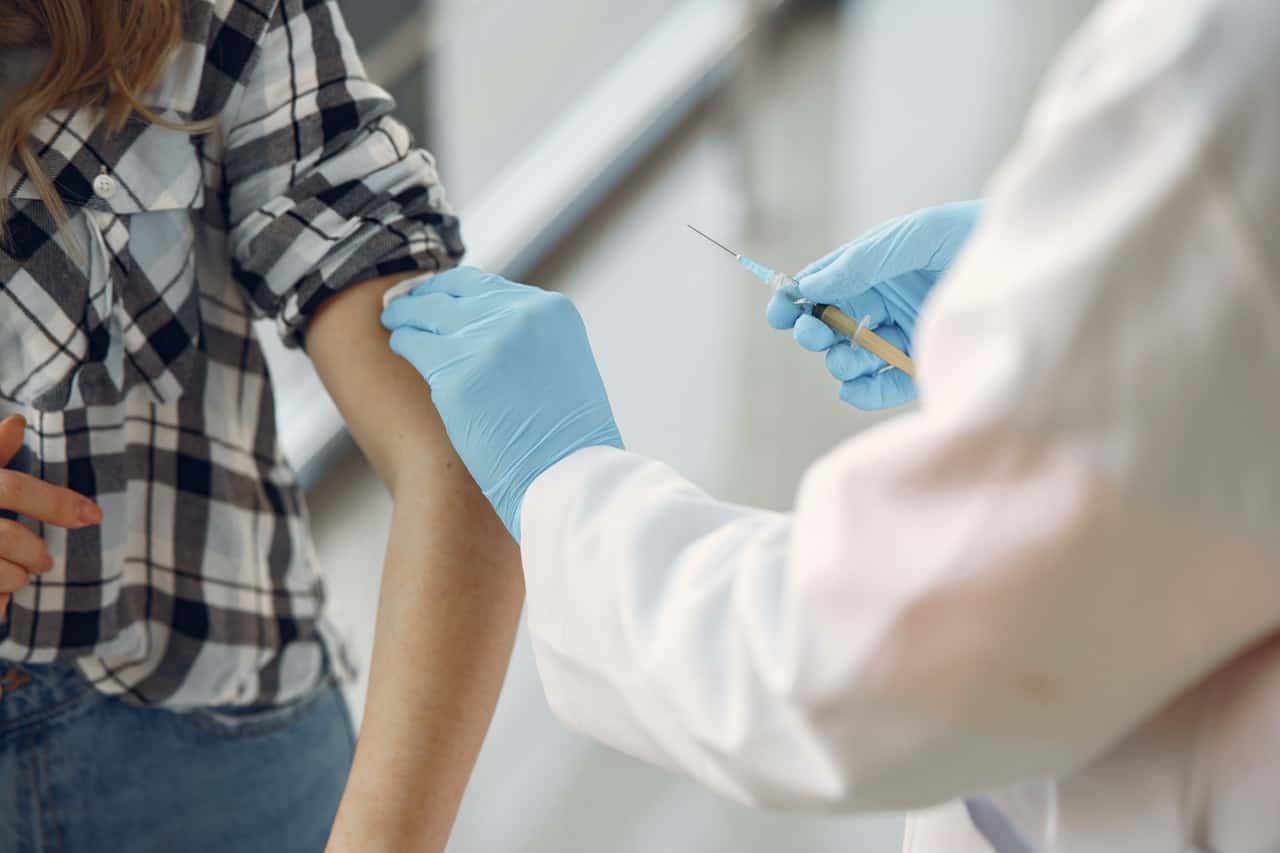
Who’s First?
By Galen Lastko,
Photo by Gustavo Fring from Pexels
Published in the Humboldt Independent on December 8, 2020
Now that the vaccine is here, who’s going to get it first? Happy to save me from a rhetorical question, England has already ordered up two million shots of the Pfizer vaccine, enough for a million citizens, and numerous other nations are eager to get on board pending government approval. Our own beleaguered Dr. Fauci assures us that the United States’ process is a little more meticulous than that of our friends across the pond. More and more vaccines are nearing readiness as well, with efforts from Russian and Chinese researchers having the same surprising but fortunate rates of success as Pfizer, Oxford/AstraZeneca, and Moderna’s efforts. If I had any more capacity for cynicism this year, I might be waiting for the other proverbial shoe to come falling out of the sky.
The undeniable truth is that a global problem like COVID-19 requires globally-minded solutions.
Distribution, production, cost, and other issues aside, I was curious to look over the WHO’s “ethical guidelines” for prioritizing vaccination across the world. Obviously, some nations are going to be quicker on the draw than others, for reasons as diverse and confounding as this species can manage, but the undeniable truth is that a global problem like COVID-19 requires globally-minded solutions. As part of an organization called COVAX which “includes ethicists, scientists, and other health experts…vetted by WHO’s Member States”, the WHO developed what they’re calling a “Fair Allocation Framework”, designed at least ostensibly to keep the King of Richland from buying up all the vaccines and leaving none for the stricken populace of Impovericia.
The basic idea they’re pushing seems to be a two-phase rollout: In the first phase, each country is assigned a “fair” amount of vaccines based on their populations, to be distributed to those at greatest risk: health care workers, the elderly, and those with pre-existing conditions. In the second phase, vaccines will be allotted based on need as production catches up with demand: over 2 billion doses are expected to be made available by the end of 2021. The reality is that even with those numbers, each nation has to shoulder the responsibility of actually getting the vaccine into its population. To aid with this process, the WHO has released a “vaccine introduction readiness assessment tool”, or “VIRAT”, which is available on their website, which may be the first excel spreadsheet to participate in the struggle for human wellbeing.
The elephant in the room is the unfortunate reality that some nations are better equipped to deal with vaccination than others.
The elephant in the room, in this case, is the unfortunate reality that some nations are better equipped to deal with vaccination than others – and as the United States has been seemingly eager to prove, this doesn’t always correlate to GDP and other socio-economic indicators. The growing discord and misinformation provided by the very vocal minority opposed to vaccination is a relatively minor factor compared to the logistics of distributing and administering enough of these vaccines to have a substantive impact on the future of the pandemic. Not to suggest that anything like corruption (we call it lobbying in this country) could affect how an individual nation decides to administer its allotment of COVID vaccine, but I just did.
If the estimates are correct and we need several billion vaccinations just to halt the progress of the pandemic, then whether or not the governing bodies of the world want to admit it, we’ll have to face this problem as an entire species. So far, despite the efforts of our top political scientists, COVID-19 has yet to grasp the concept of national boundaries and will continue to let us play against ourselves until we harness the cooperative spirit of humanity. While the process of distribution and prioritization outlined by the WHO is a vast and unprecedented undertaking, it assumes by necessity that we try to play on the same team and address the collective health of our species: which sounds like progress – and far from the worst lesson we could learn from a global pandemic.
Galen Lastko, submitted on behalf of the SoHum Health’s Outreach department.
Related: Community, COVID-19, News, SoHum Health